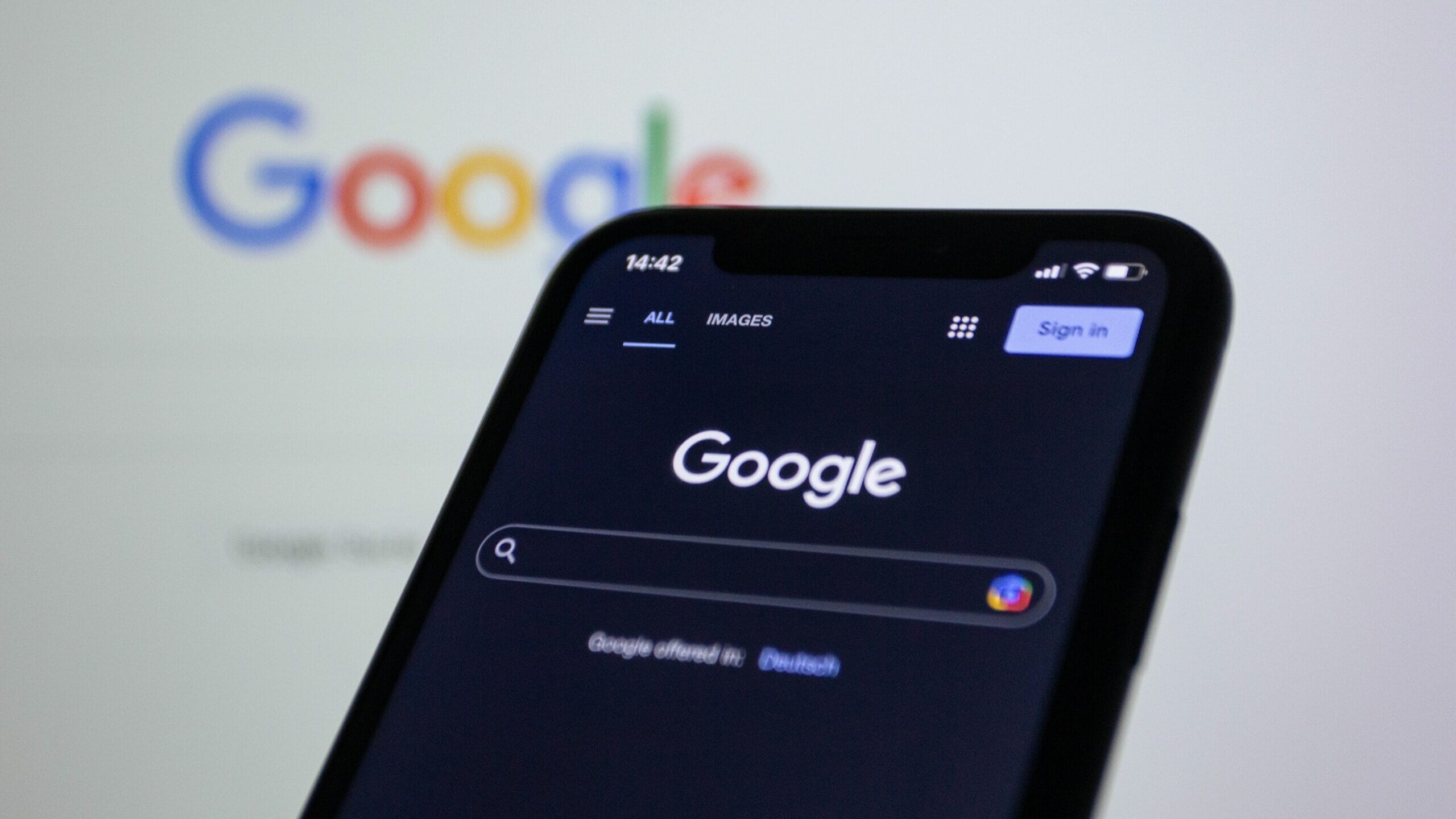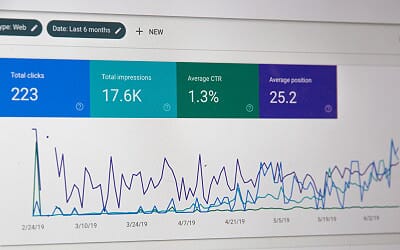The increase in popularity of AI tools like ChatGPT to create text-based content at scale has prompted the inevitable question: will Google penalise AI-generated content? The short answer is no. The longer answer – as is often the case with Google – is more nuanced than that. It comes down to how it’s used: content quality and demonstrable experience.
As part of Google’s Helpful Content Update in September 2023, it offered more clarity on its view of AI-generated content in relation to its ranking guidelines. It was a pivotal shift, declaring that the quality of content has more bearing on search rankings than how it was created.
Google doesn’t penalise content based solely on its origin (human or AI). Let’s not forget, humans are just as capable of creating rubbish content. Google’s recent focus on the “E” in EEAT – Experience, Expertise, Authority, and Trust – sheds light on what truly matters. They want content that reflects genuine knowledge, expertise, and lived experience that matches user intent.









